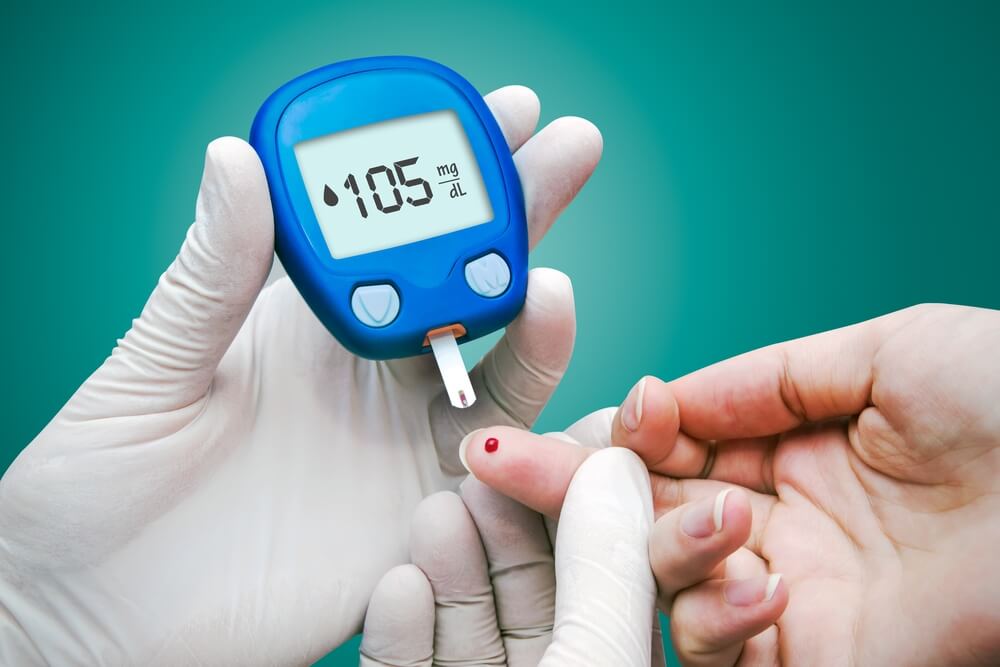Understanding Diabetes: Types, Symptoms, and Risk Factors

Diabetes is a chronic metabolic disorder affecting millions of people in the UK and across the globe. Read on and find out all about this life-altering disease.
Diabetes Explained
A person with diabetes has impaired insulin production or utilisation. Insulin is a hormone that regulates blood sugar levels. It is responsible for moving glucose from the bloodstream into the cells for energy production.
Types of Diabetes
Learn about the various types of diabetes:
❖ Type 1 Diabetes. Otherwise known as insulin-dependent or juvenile diabetes, it is usually diagnosed in childhood or early adulthood, its exact cause unknown. It is an autoimmune condition wherein your immune system attacks the insulin-producing beta cells in your pancreas, so you must rely on insulin injections daily.
❖ Type 2 Diabetes. Unlike in type 1, insulin production is not the issue in type 2, the most common form of diabetes. The latter develops when the body somehow becomes resistant to the effects of insulin. As a result, the pancreas works harder to produce more insulin to make up for this insulin resistance, and your blood sugar then rises because glucose can't get into the cells.
You are at high risk for developing type 2 diabetes if you are genetically predisposed, are obese, and lead a sedentary lifestyle.
❖ Gestational Diabetes. This can affect women during pregnancy as hormonal changes may cause insulin resistance. Although it usually resolves after giving birth, a mother who has had gestational diabetes is at a higher risk of developing type 2 diabetes later on in life.
Symptoms of Diabetes
Diabetes symptoms may vary depending on the type and severity of the condition. Here are some of the most common.
❖ Excessive thirst.
❖ Frequent urination.
❖ Fatigue and weakness.
❖ Unexplained weight loss.
Other signs of diabetes include:
❖ Slow-healing wounds and infections, especially on the feet.
❖ Blurred vision.
❖ Tingling or numbness in the hands and feet.
❖ Increased hunger, especially in type 1 diabetes.
Risk Factors
Several risk factors can contribute to the development of diabetes:
● Unhealthy food preferences. Too much sugar, salt, unhealthy fats, and processed foods in the diet may lead to type 2 diabetes.
● Sedentary lifestyle. Lack of exercise may lead to hormonal imbalance, poor insulin sensitivity, and poor metabolic health – a recipe for diabetes.
● Obesity. While your risk of having type 2 diabetes increases with age, especially when you reach 45, obesity in the younger population plays a vital role in developing diabetes.
Products to Try
Here are some healthy alternatives to sugar.
❖ Hermesetas Original Disp Pack 1200
❖ Sweetex Tabs One-By-One Dispenser 1200
These are deemed safe if you follow the Acceptable Daily Intake (ADI), which will vary depending on your body weight. Shop online to find more diabetic-friendly sweeteners or visit us instore for more information.






